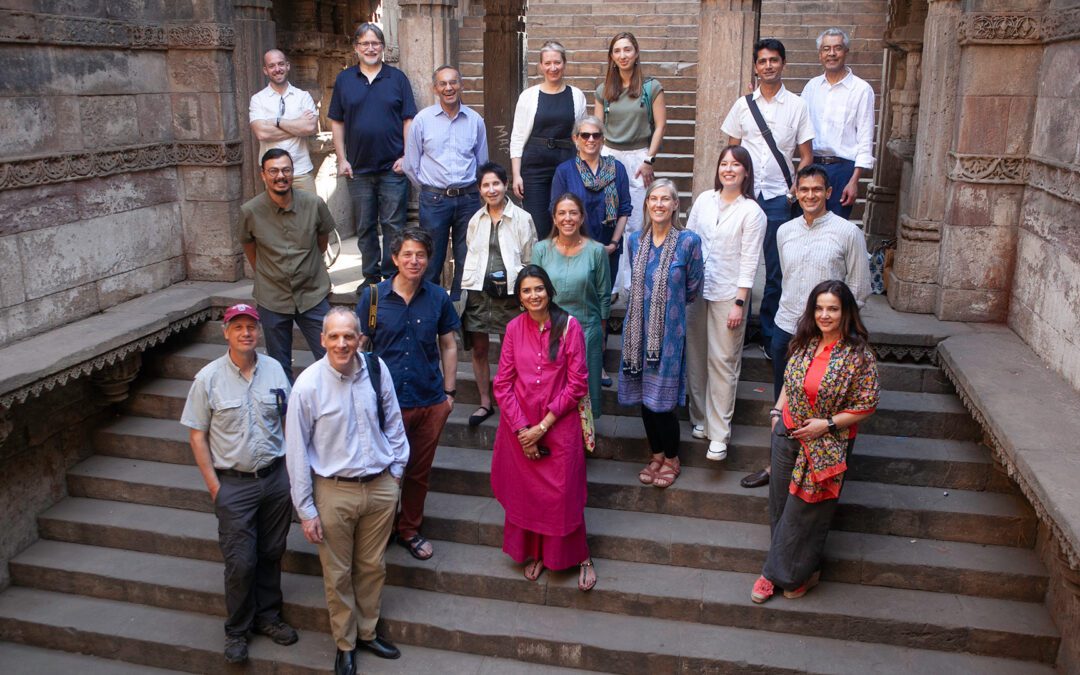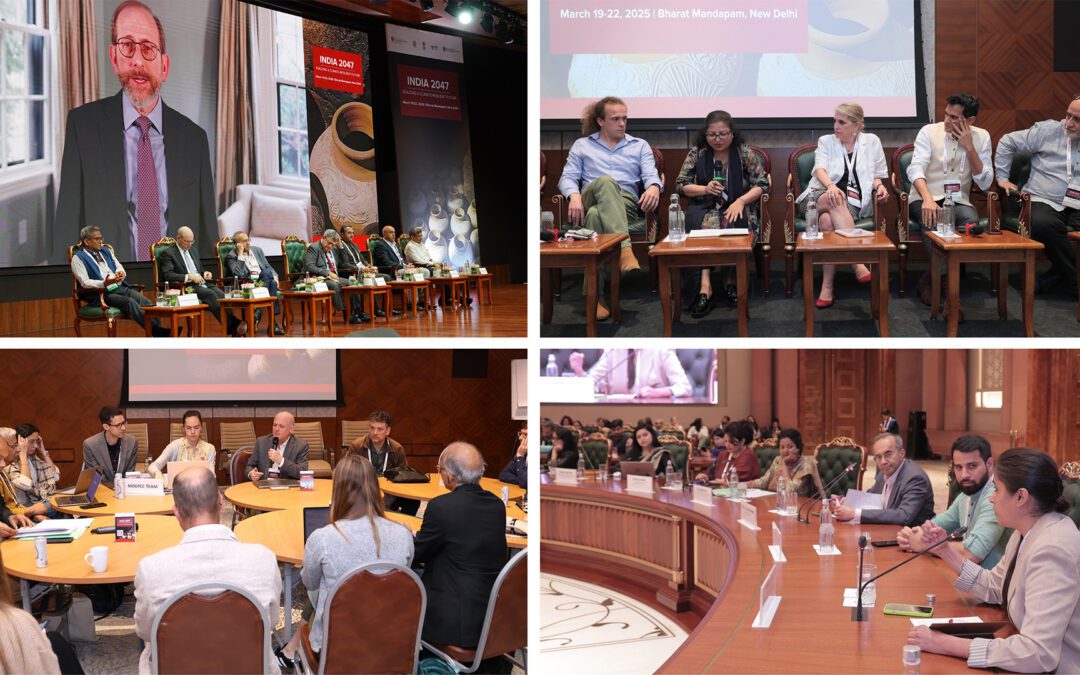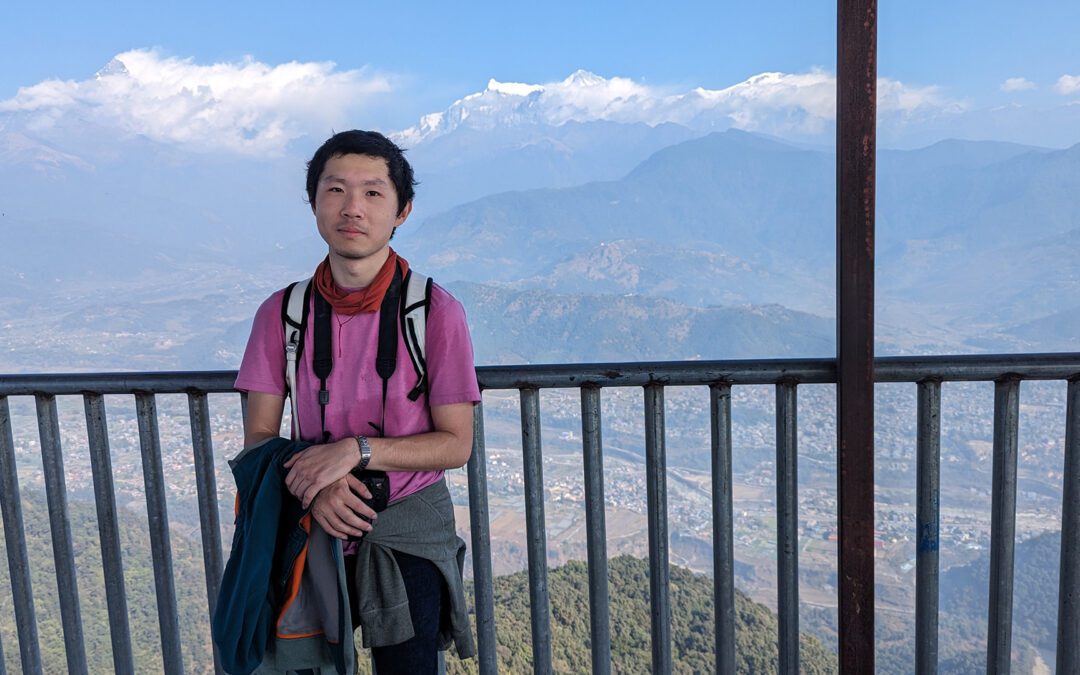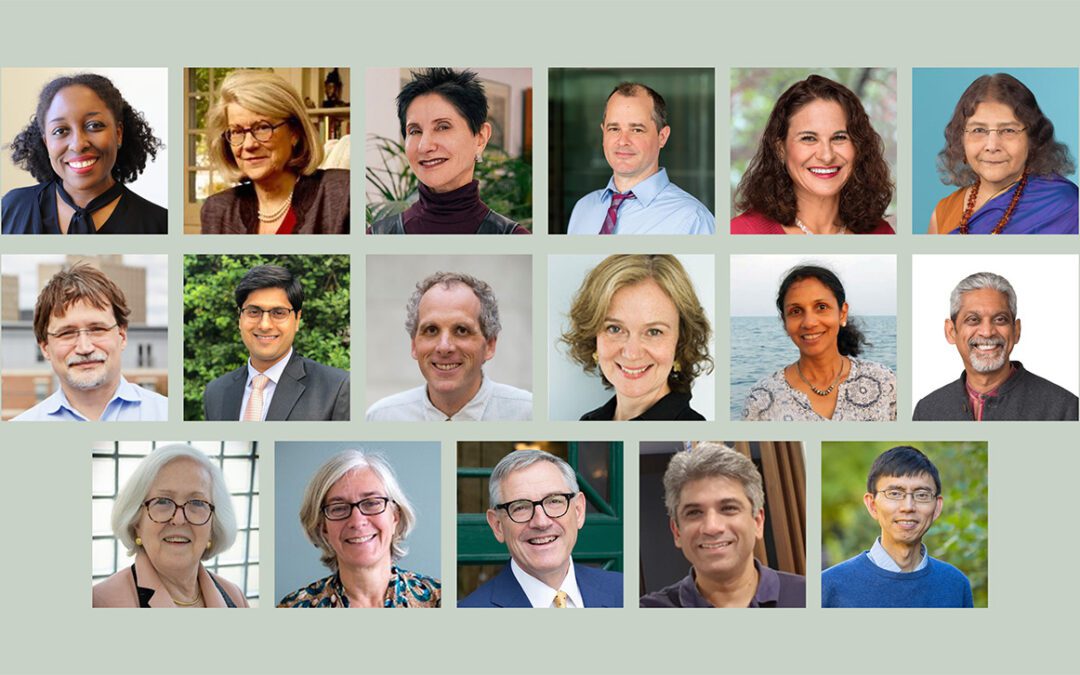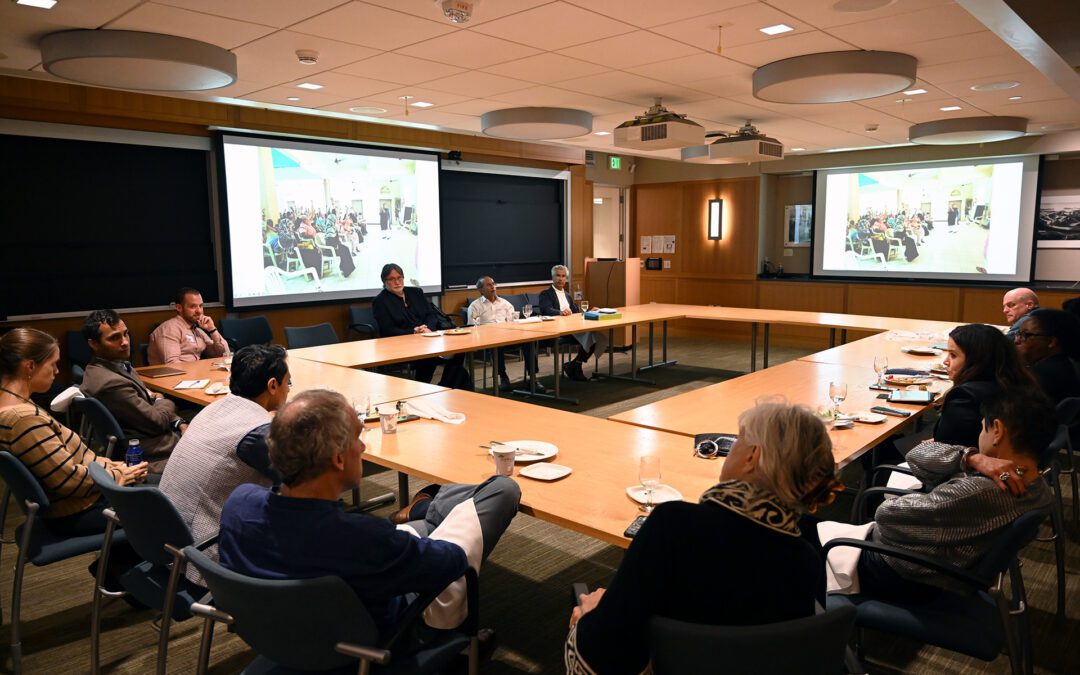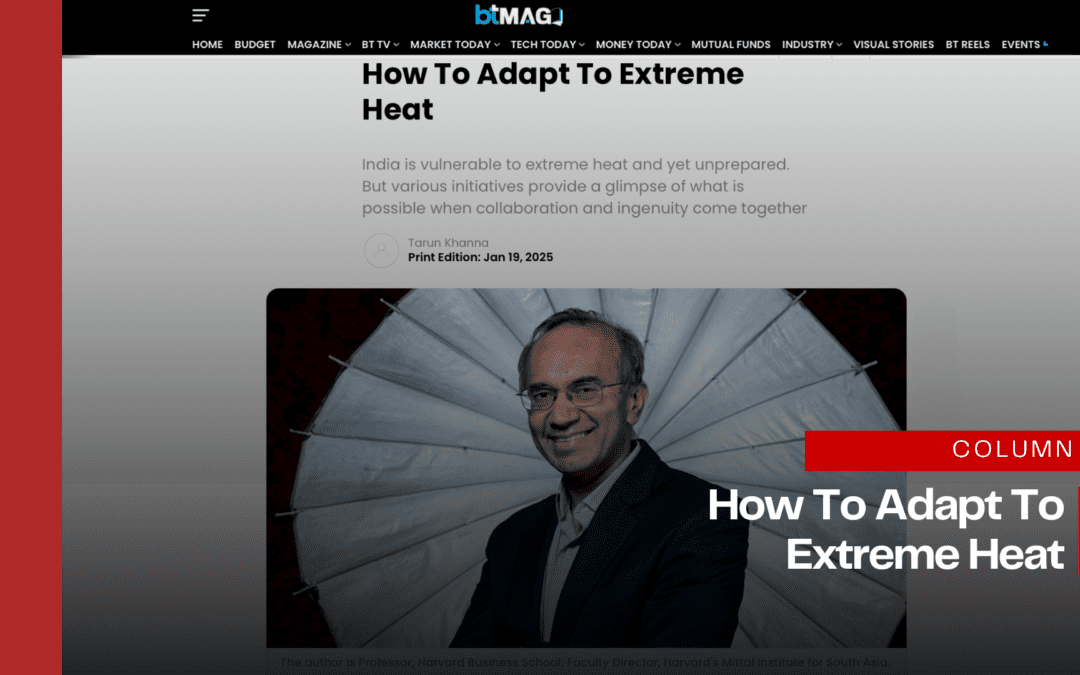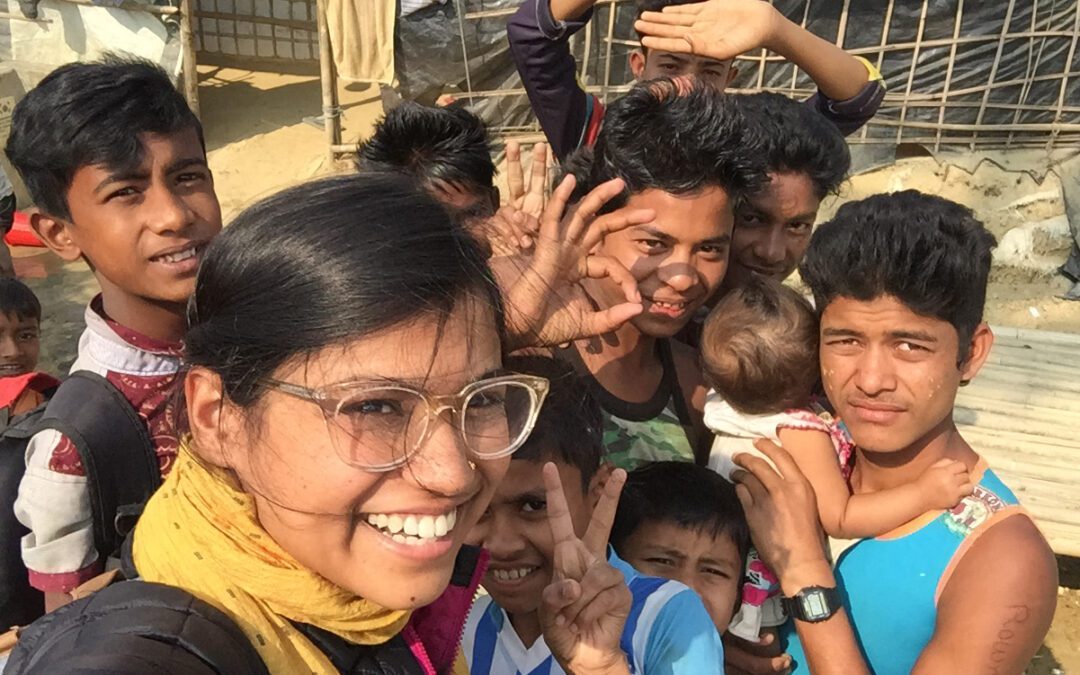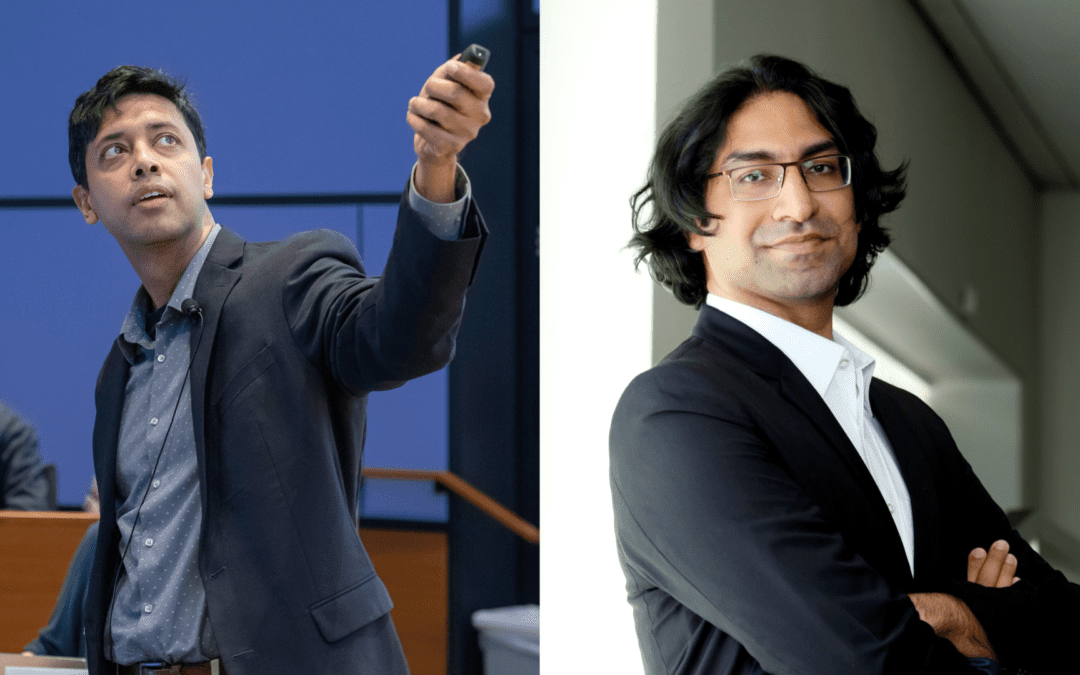Climate Change and Maternal Health: A Student Grant Report from Saravanan Thangarajan
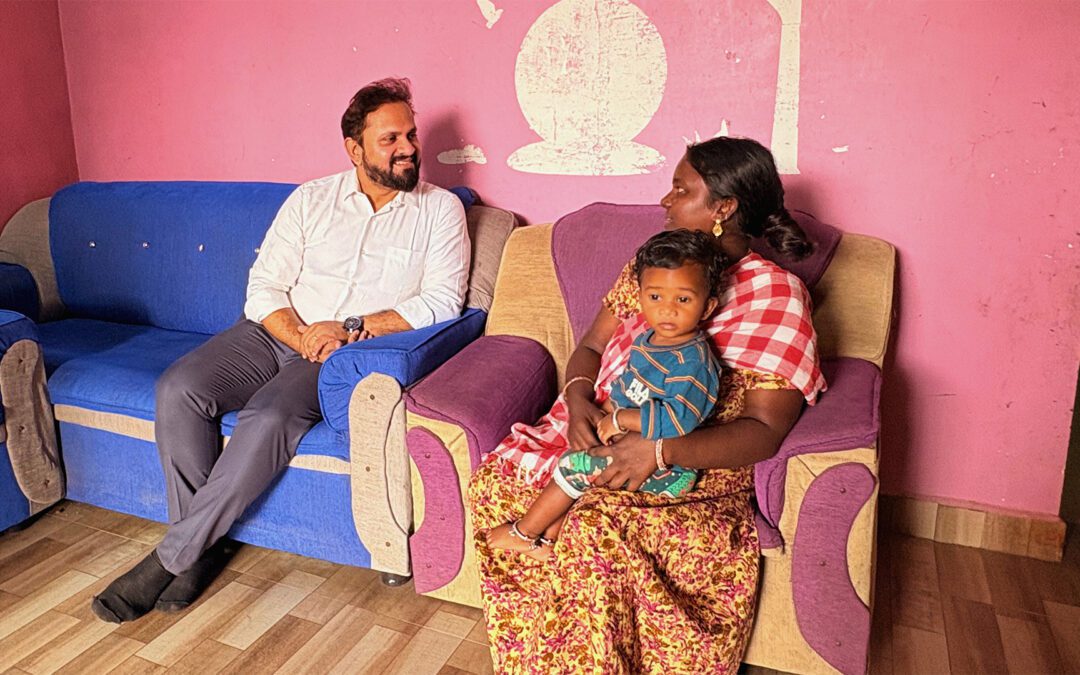
Saravanan Thangarajan, Master of Medical Sciences in Global Health Delivery Candidate at Harvard Medical School, traveled to Tamil Nadu this winter to explore the impact of climate change on maternal and infant health. Supported by a Mittal Institute Winter Research Grant, he interviewed mothers struggling to protect their children from heat, air pollution, and other environmental stressors. Below, Saravanan shares findings from his research and how the experience will impact his future academic path.

